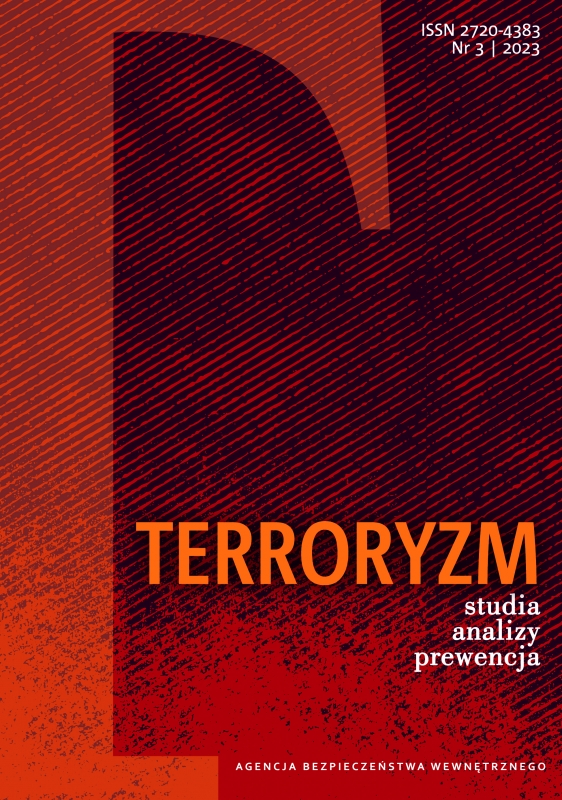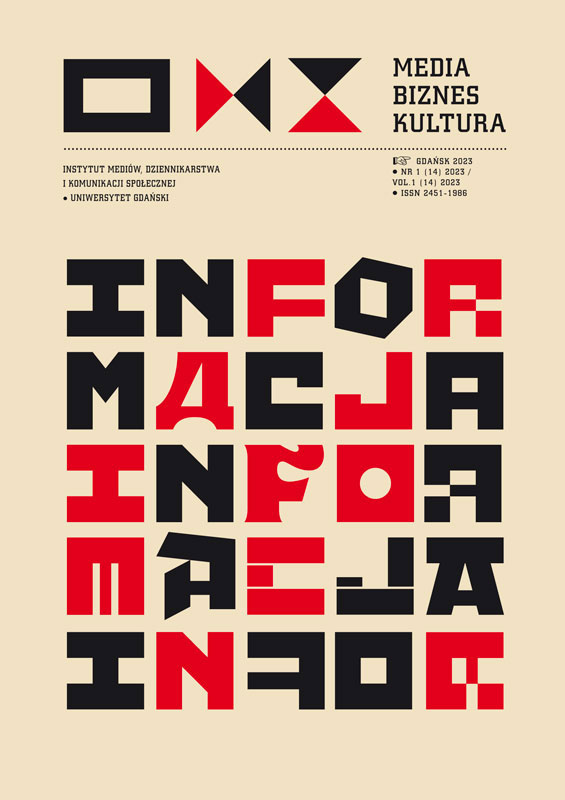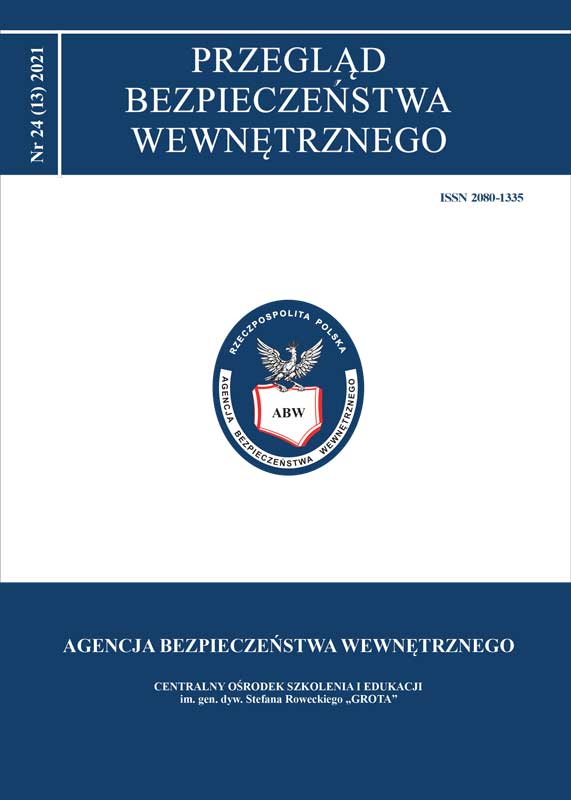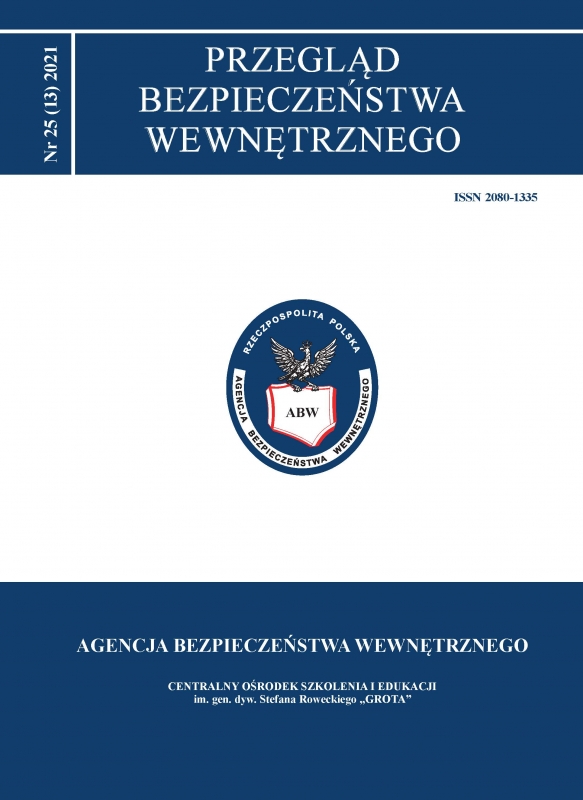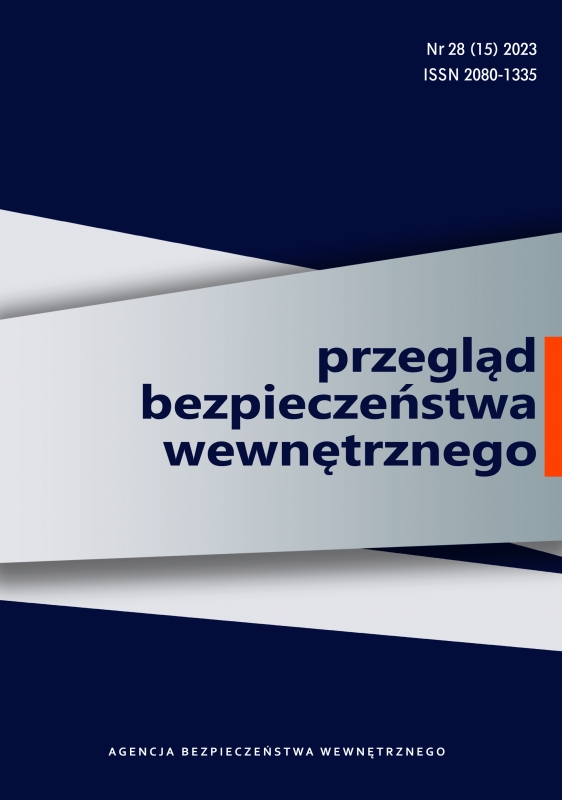
Kobiety w strukturach ISIS – realne zagrożenie czy niewinne ofiary?
The aim of this article is to present the situation of women in the caliphate and in the structures of ISIS (the Islamic State of Iraq and Syria, ar. Ad-Dawla al-Islāmiyya fῑal-’Irāq wa aš-Šām) through the prism of Arabic-language media reports published on websites information services. In the article, the author presents the media image of women in ISIS showed by the Arabic and Western media. While some of them assign marginal roles to women as housewives, mothers and wives, and thus present their reality in this caliphate, there are also other media reports focusing on the active involvement of women in the organization’s activities. Most of the articles are from 2019. This is due to the fact that with the fall of the caliphate, many media began to make some kind of accounts and summaries of the activities of the terrorist organization ISIS.
More...
